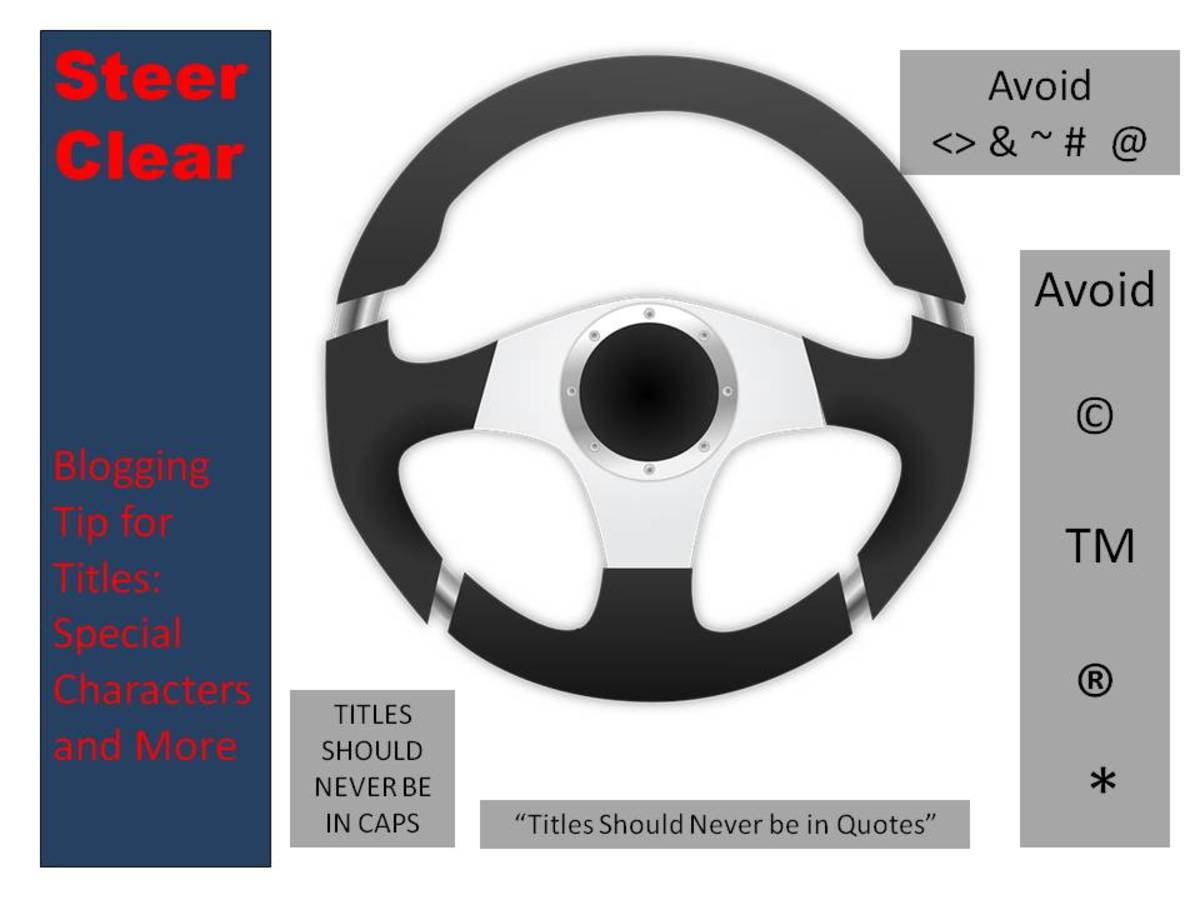Writing for Search Engines

Everything that we can find on the internet today is put there so that we can all get some information from it. Most people think that whatever content is written and available online was put there for only one target audience: man. But that is not entirely true. Whatever is written would never see the light of day if search engines couldn’t find it. Therefore, when writing articles the author must aim for two audiences: man and search engines.
What is it?
When books were the main source of information, the library was our database and the search engine was usually a book catalog, in some dark corner of the library. All the content that we can find online today is usually via searching. At some point we go online to search for information. And the catalog that holds the relative information of websites is the search engine.
How does it do it?
When a person enters a query the search engines run down the vast list of web pages that it has in storage. The pages that it finds ‘relevant’ are then added into the results page and listed according to the ranks that the search engine assigns to the sites. In order to understand writing for search engines, it is these flags that pique a search engine’s curiosity that needs to be fully comprehended.
Keywords
Keywords are words that are found in the article that people are going to be looking for. For example, in an article about ‘dogs’ there could be millions of results returned, with the high number of results, the sensible thing would be to go for longer keywords like ‘dogs food’ or even better ‘dogs food sale’. The number of websites that address these keywords would be much less thus increasing the chance of discovery. The people that click on the link to these pages will be more than likely to be looking to purchasing dog food than just browsing for articles about dogs.
Metadata
Metadata is like a summary of the content of the page. It is sometimes known as the ‘data about the data’. This data is read by search engines when they are being added to their search index. When writing for search engines leaving out the metadata would be very big mistake. A web page without name, content type, and list of keywords, description and language it was written in, a web page wouldn’t be found. And these are all data found in the metadata.
Information
One thing that makes a web page poplar is the content itself. A writer that does thorough research and covers as many topics in as much details as possible will almost always come up with a page that ranks at the very top. One way of making sure a page is highly ranked would be to have people spread the word that there is a great article (sharing) and making sure that other websites with similar topics and good repute link to the page. This tells the search engines that the content on the page has been found to be authentic and relevant. The prove being the other users.
Writing for search engines is not a perfect science. The matter is further complicated by the fact that occasionally, search engine companies themselves change their algorithms. Websites that were once at the top of the results lists disappear and are replaced by others. Looking at the websites’ contents and continuously improving their contents is the only way to keep getting good rankings. It’s a constant experimentation.








